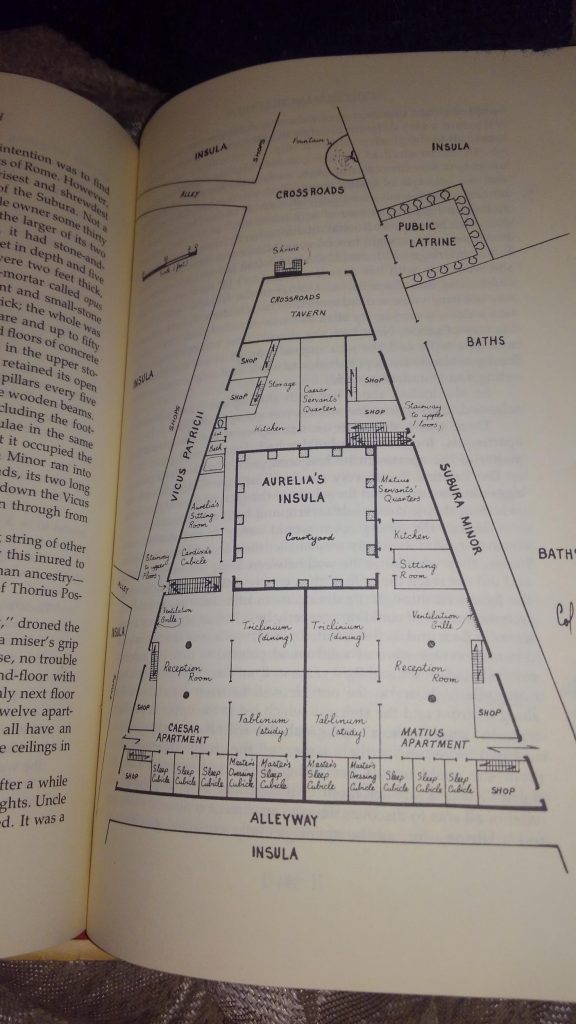IN NUMINA by Assaph Mehr (Book Review)
“Allow me to introduce myself. My name is Felix, sometimes known as Felix the Fox.”
Take the subgenre of Roman whodunnits, add a dash of Scooby Doo, and you’ve got yourself In Numina, the second in Assaph Mehr’s Daggers and Magic series. Not to worry, you don’t need to read the first book to understand this one. I usually start mystery series after the first anyways, since by then the author’s really attained a grasp of the sleuth.
 In this case, the sleuth is Felix (sometimes known as Felix the Fox), who brings to mind a cross between Lindsey Davis’s Marcus Didius Falco and Steven Saylor’s Gordianus the Finder (especially in the latter’s “footloose days”). Assaph draws influence from others in the genre (with some nods to Ruth Downie especially), and blends them with paranormal investigation to make for a heady medley.
In this case, the sleuth is Felix (sometimes known as Felix the Fox), who brings to mind a cross between Lindsey Davis’s Marcus Didius Falco and Steven Saylor’s Gordianus the Finder (especially in the latter’s “footloose days”). Assaph draws influence from others in the genre (with some nods to Ruth Downie especially), and blends them with paranormal investigation to make for a heady medley.
Murder investigations are interesting, sure, but you ain’t seen nothing until you’ve followed Felix as he hunts down a sorcerous entity that’s killing off the tenants of a particular landlord. There’s some truly frightening scenes throughout the work, like when a statue comes alive to bash people’s brains in. Or that time a tree in one tenement turns into a snake. Ooh! And don’t forget that time when a roomful of possessed ancestral masks fly around like pissed-off bats.
My main complaint is the setting. At first I thought it was set in Rome with a Jonathan Strange & Mr. Norrell take on magic in the real world. But then Assaph mentions the Pharos lighthouse, so I went, “Okay, didn’t seem like a desert, but I guess we’re in Alexandria.” Then it’s a few dozen pages before I realize the tale actually unfolds on a different world altogether. This was especially confusing because of the explicit mention of Roman facts and figures (insula, Cicero, etc.)
Even though it takes place on a second world, you’ll still learn plenty about Rome. Like how, “All insulae (tenements) are separated from the adjacent buildings by streets and alleys, which is how they got to be named ‘islands.’” Or how Romans had, “…an ingenious contraption pumping fresh seawater to tanks on boats allowing the transport of live fish over great distances.” If anyone wants to know what an insula looks like, here’s an approximated floorplan of Caesar’s childhood home (from Colleen McCullough’s First Man of Rome):

From Colleen McCullough’s ‘First Man of Rome’
Finally, here’s some of my favorite quotes from the work as a whole:
“According to romantic literature, she was supposed to collapse sobbing on my shoulder.
Instead, Cornelie tried to knee me in the groin, saying much about the literature she was reading.”
“I would like to blame the wine for what happened next, though that would be disingenuous.”
“…but getting any witnesses to trial will be like getting live octopi to walk across a snowy mountain pass.”

